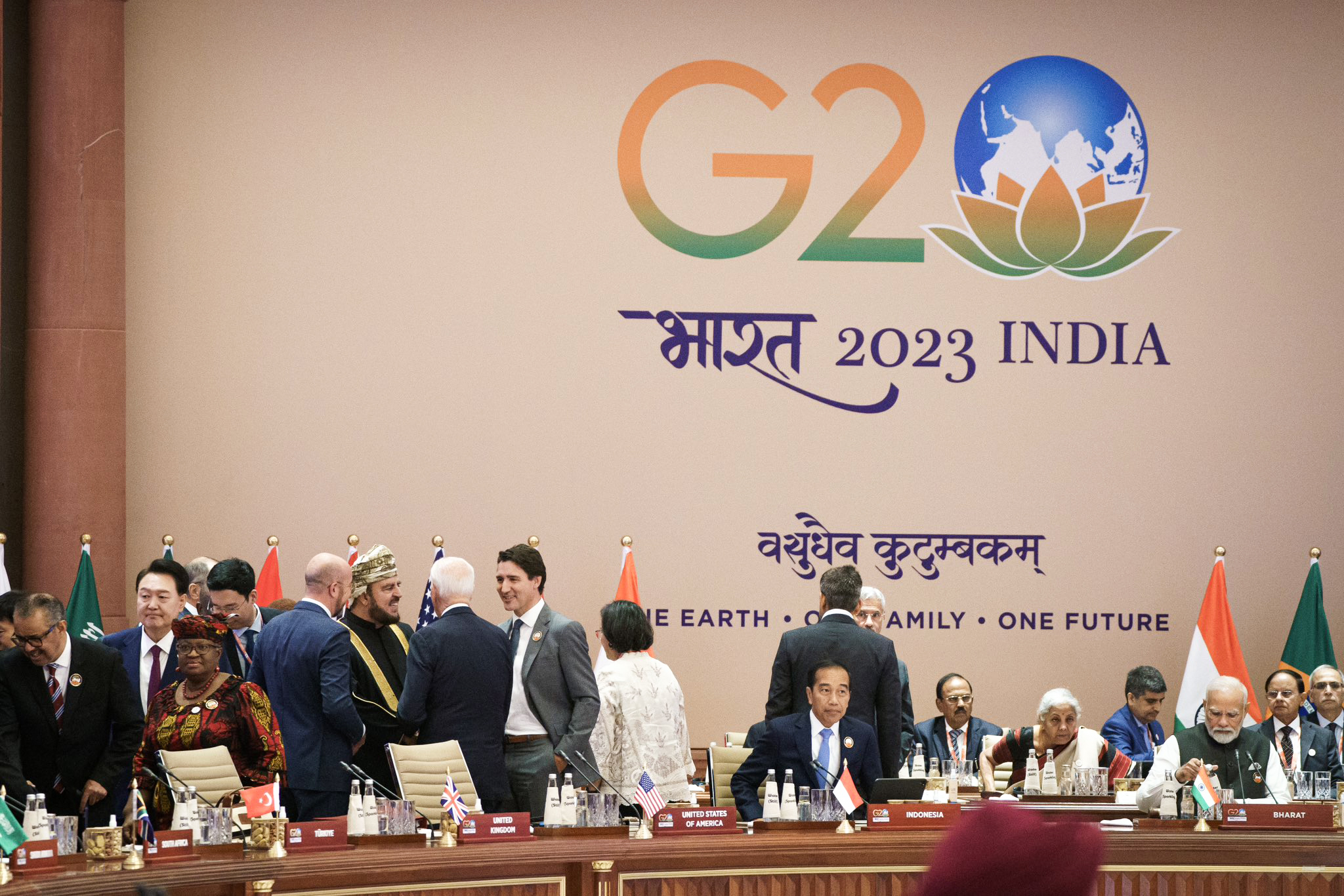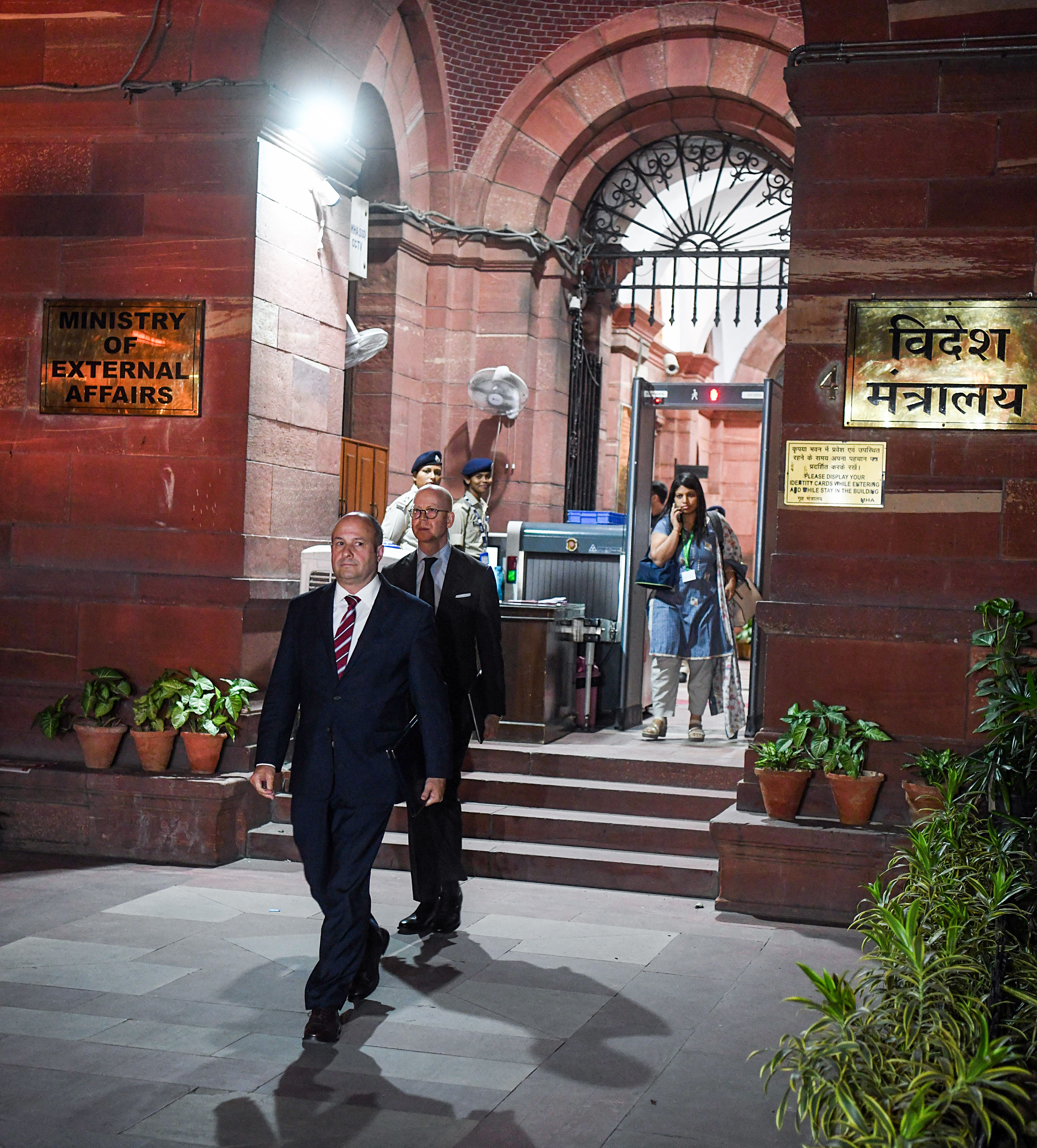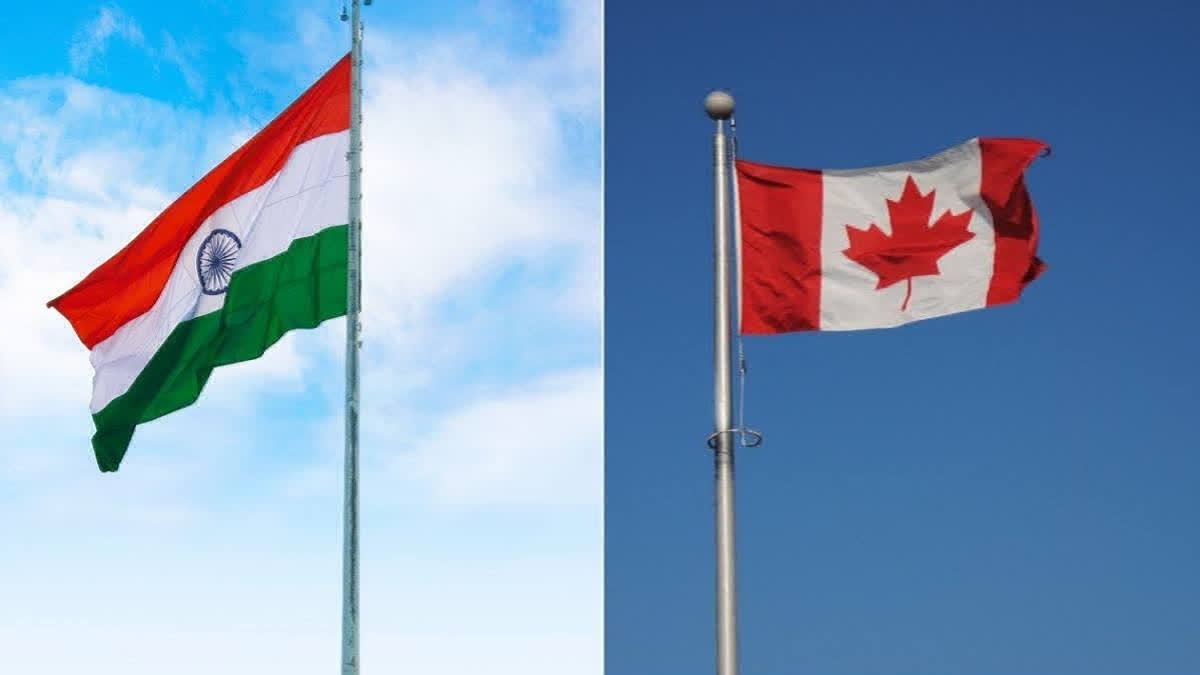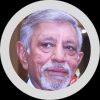The Canadian media outlet, 'Global News' published an article last week titled, ‘Visas have become an Indian foreign interference tool.’ It mentioned that the Indian High Commission and Consulates have denied visas to those linked to the Khalistan movement, including those propagating for Khalistan in Canadian Gurudwaras.
It adds that such individuals are only considered for visas in case they submit a letter denouncing Khalistan and professing ‘deep respect’ for India. A supporter of Khalistan who was denied a visa mentioned, ‘They are basically trying to control what you are allowed to do, and not allowed to do.’
The article added that on occasions individuals seeking visas have been tasked to carry out surveillance on behalf of the High Commission on Khalistan activists and activities. Both the RCMP and Canadian PM, Justin Trudeau, have mentioned non-grant of visas to Canadian Sikhs involved with the Khalistan movement. The Canadian government terms it as ‘foreign interference and transnational repression.’
The diplomatic row between India and Canada has been escalating since Justin Trudeau accused India of being behind the assassination of known Khalistan terrorist Hardeep Singh Nijjar in Sept last year. Till date, no proof of Indian involvement has been provided.

As the conflict escalated, Canada and India expelled senior diplomats on both sides. Earlier India had compelled Canada to withdraw its 41 additional diplomats from the country after threatening to revoke their diplomatic immunity.
The diplomatic battle continues with no signs of abating. Recently, Indian mission conducted events intended to assist Indo-Canadians in providing annual life-certificates were cancelled as the local administration feared violence at proposed venues, largely Mandirs and community halls.

The Global News only covered the Canadian view basically because Canada as a nation, especially under Trudeau, has provided space to the anti-India Khalistan movement to grow. The Global News towed the government line that India interferes in Canadian matters, hoping to justify to its own populace that the growing rift between the two countries is due to India’s policies.
It ignores actions adopted by the Canadian High Commission and consulates in India while granting visas for Canada, including to those who have family members there as permanent residents. Former members of the armed forces, Central Armed Police Forces (CAPFs) and Punjab Police are required to fill additional details when seeking a Canadian visa.
The Canadian authorities, apart from seeking details of service in J and K for members of the armed forces and CAPFs also demand to know the period and places where individuals have served. This implies officially obtaining information of Indian security force deployment, which could also be termed as an act of spying for an adversarial power.
Many were denied visas for having served in J and K on the basis of violating ‘supposed’ human rights. In the case of a constable from a CAPF, visa was denied mentioning that he was associated with a ‘notoriously violent’ force. The visa of a senior army veteran was denied on grounds that there were human rights violations in J and K by ‘members of the armed forces.’
There was nothing to justify if these individuals were anyway directly involved except having served in security organizations deployed in Kashmir. The Indian government has repeatedly been raising the issue with Canadian authorities but to no avail. But when it comes to India denying visas for undesirable Canadian citizens, Ottawa raises a hue and cry.
As per inputs there are far more denials for Canadian visas than for Indian visas. The Global News made no mention of such figures and actions adopted by their government concerning visas, highlighting only the Indian approach.
It is a fact that grant of visas is the prerogative of the host nation. In India’s case, Canada terms Indian selectiveness in granting visas as ‘foreign interference and transnational repression,’ while in its case, it defends its stance by mentioning in its website that it denies visas in cases where an individual is ‘a senior official in a government engaged in gross human rights violations.’
India has never commented on crackdowns by the Trudeau government on its truckers’ agitation, despite there being members of the Indo-Canadian community participating. Trudeau, on the other hand, adversely commented on the government’s handling of the farmers agitation, drawing the ire of the Indian government. In reality, it is Canadian interference in Indian matters.
No nation, other than possibly Canada, welcomes terrorists and criminals into its society and subsequently accuses the nation from which they originate as being responsible for subsequent incidents on its soil. Canada has been accepting criminals and Khalistani supporters over the years mainly on account of vote bank politics.
India welcomes visitors who respect the country, its laws and customs. It denies entry to those who desire to break its society and homogeneity. Most Indo-Canadians, who have connections with their homeland and have no link to terrorist groups are holders of the OCI (Overseas Citizen of India) card. The only one’s denied this privilege are those belonging to the Khalistan movement.
Khalistani supporters obtained Canadian citizenship by claiming religious persecution in India. Many utilized fake passports to enter Canada, which was accepted and they accorded citizenship. The Canadian High Commission never attempted to verify if their claims were true.
After having become Canadian citizens, these individuals now desire to return to India to meet their relatives, dispose of their Indian properties and spread the Khalistan movement within. Their entry should be restricted and visas granted selectively, after confirming their intent and antecedents. After all, entry for foreign nationals, including of Indian origin, into India is a privilege and not a right.
India should never bow down to Canadian pressures and articles in their biased media. It must continue applying pressure on Ottawa to crackdown on the Khalistan movement. Those supporting Khalistan must never be permitted entry. Let the message go that those seeking the splitting of India are unwelcome on its soil, even if they were once citizens of it.
Further, India must influence its diaspora within Canada to not vote for Justin Trudeau’s Liberal party nor Jagmeet Singh’s New Democratic Party in forthcoming elections. If Canada terms it as interference, so be it. India can withstand Canadian pressures and accusations.
Disclaimer: The opinions expressed in this article are that of the writer. The facts and opinions expressed here do not reflect the views of ETV Bharat.
Read more:



